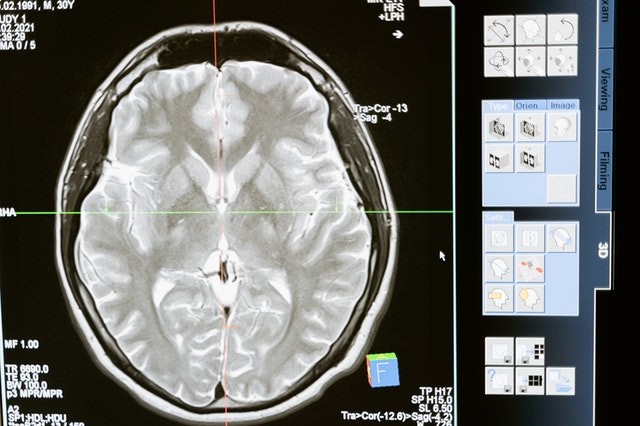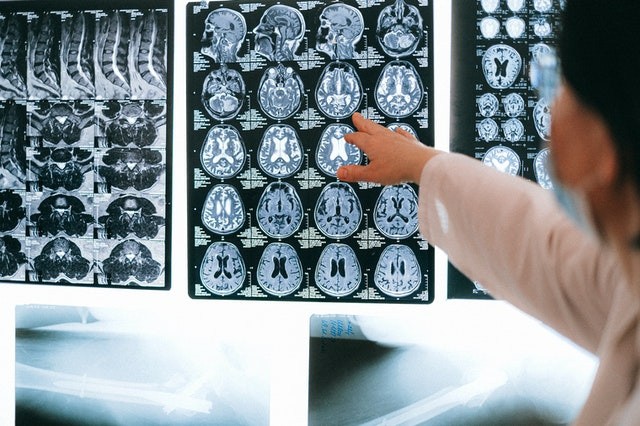A new study that drew on data put together by UK Biobank suggests over time survivors of COVID-19 may suffer from a loss of gray matter.

The Long-term Experiment
The long-term experiment, which 782 volunteers were involved, compared brain scans of individuals prior to the pandemic. For a comparison between pre-pandemic and post-pandemic brain scans, scientists then invited 394 COVID-19 survivors to come back for follow-up scans, together with 388 healthy volunteers.
Among those partakers who recovered from COVID-19, researchers noticed significant effects of the virus on human cerebral matter, with a loss of gray matter in areas of the brain. It should be recognized that the study has yet to pass through meticulous peer review.
"Our discoveries thus often relate to loss of grey matter in limbic cortical regions directly linked to the primary olfactory and gustatory system," the authors wrote, or areas in the brain associated with the perception of senses like smell and taste.
Also Read : COVID-19: US and Japan Start Gilead's Remdesivir Treatment Days after Emergency Approval of Drug
Gray Matter in Human Brains
As previously reported by Insider, the gray matter in human brains is part of our central nervous system and crucially controls all our brain's functions. It makes individuals capable of controlling movement, emotions, and memory, so a deformity in the gray matter of the brain can affect the brain cells and communication skills.
The study also proposes that a loss of gray matter in memory-related areas of the brain "may in turn boost the risk of these patients getting dementia in the longer term."
This discovery follows a study released by Lancet Psychiatry journal last year, suggesting that severe infections of COVID-19 may damage the brain causing long-term complications like dementia-like symptoms or stroke. The authors noted that more data is required to appropriately assess the effects of COVID-19 on brain health, though.

COVID-19 Survivors
Most of the survivors of COVID-19 involved in the research had mild-to-moderate symptoms or none at all. This was seen as a strength of the analysis, as most brain-imaging publications have concentrated on moderate-to-severe cases of COVID-19.
The Biobank study read: "There is a fundamental need for more detail pertaining the cerebral effects of the disease even in its mildest form." As reported by Reuters, It is crucial to note, however, that changes in the brain were not noticed in the group that had not been infected.
The authors of the study said more study is required to determine whether COVID-19 survivors will have problems in the long-term regarding their ability to recall emotion-evoking events. According to Reuters, they also cannot verify whether the loss of gray matter is an outcome of the virus metastasizing into the brain, or some other effect of the illness.
Related Article : Sleep's Effect on the Brain's Performance
For more news, updates about COVID-19 and similar topics don't forget to follow Nature World News!
© 2026 NatureWorldNews.com All rights reserved. Do not reproduce without permission.





